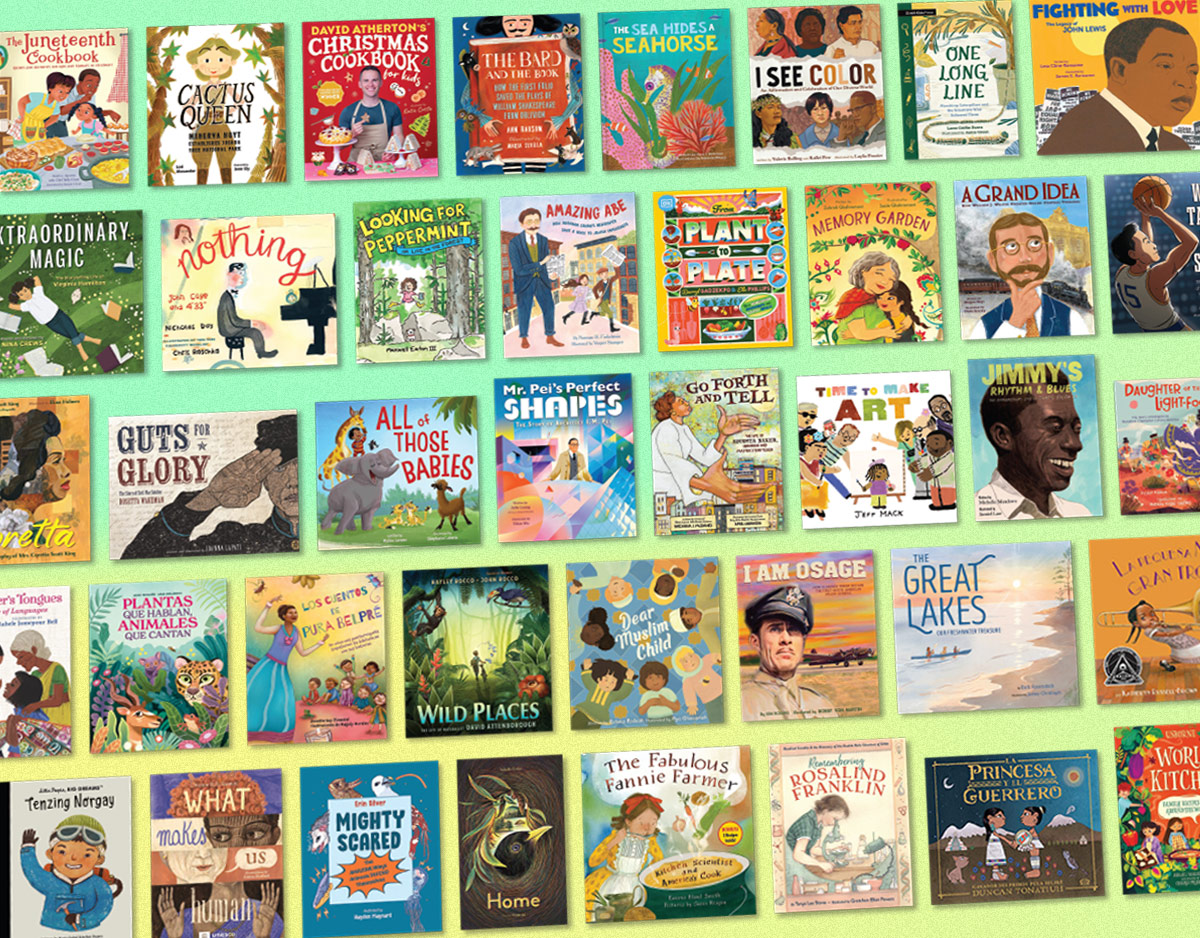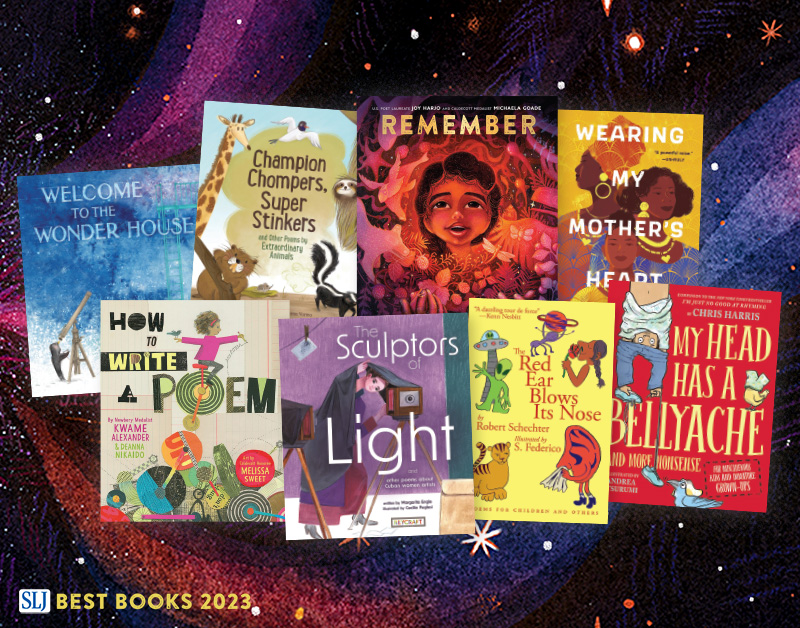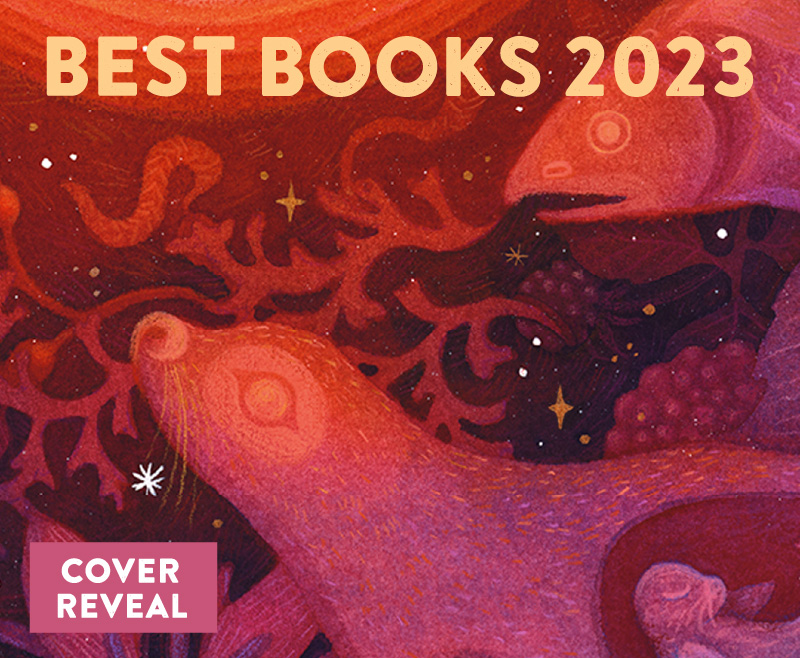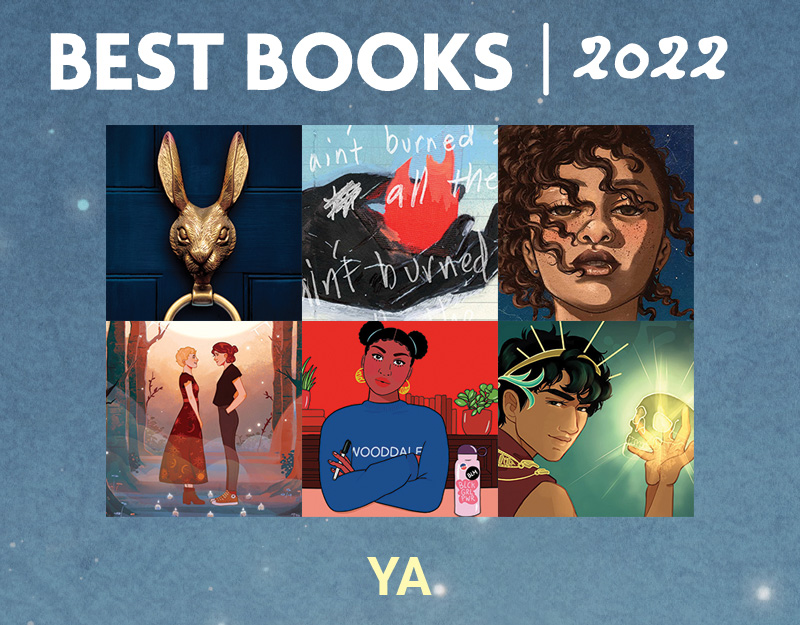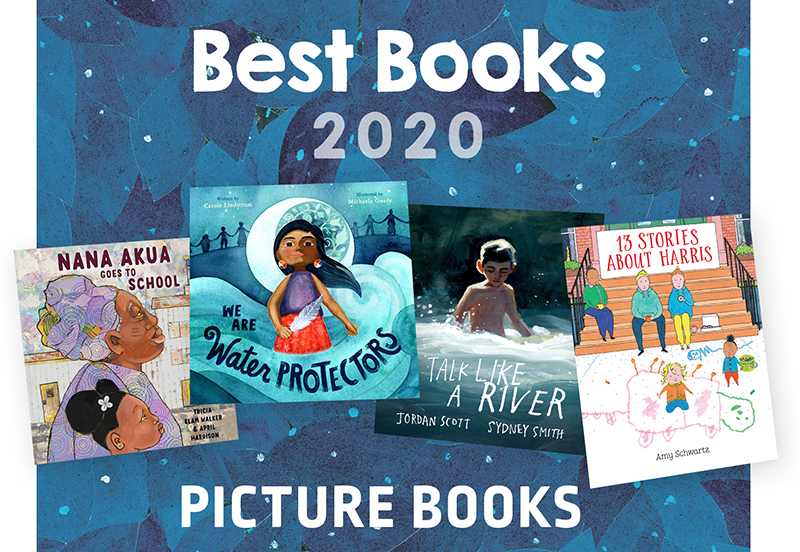From Black Oak to Board Books: A Harold Green III Interview
As I’ve mentioned before, during the day I spend a great deal of time ordering adult materials for the Evanston Public Library. I’ve been doing it for about seven years now and in that time I’ve learned gobs about the adult literary world. There are still aspects that elude me, however. While I’m decent at recognizing some of the bigger names in the field, adult poetry often proves to be a field that’s difficult to keep up with. I don’t read much of it myself, so judging it from afar means trusting in a lot of professional reviews. For example, later this month Harper will be releasing Harold Green III’s poetry collection Black Oak: Celebrating Powerful Black Men. Kirkus was particularly keen on the collection in its review, saying that, “Green identifies strong familial ties and male friendships as wellsprings of positive identify formation as well as a necessary condition of racial solidarity. The author’s verse celebrates these bonds in an effort to ‘expand on the language that Black men use to speak to and about each other,’ making it possible for ‘us to be more comfortable rooting for each other no matter sexual orientation, disagreements, or status’.” Is it any wonder that he’s turned his eyes towards books for kids next?
In April, Running Press released a press release entitled, “Running Press Kids to Publish Four Children’s Books by Beloved Poet and Youth Activist Harold Green III.” It said:
“Running Press Kids announced today the acquisition of a children’s publishing program by Chicago-based spoken word poet and youth advocate Harold Green III following a competitive auction. Publishing in Summer 2023, the program will launch with the first two books in his SUNDAY ADVENTURES series, which will be illustrated by DeAnn Wiley. These board books will introduce early childhood concepts via the joyful outings of a multigenerational Black family over the course of a day: The Rainbow Park will highlight colors during a family’s outing to the park, and The Numbers Store will teach numbers as a family guides their children through their neighborhood grocery store.
Running Press Kids will also publish a picture book titled Love Bubble in Fall 2023, which will be illustrated by Princess Karibo, about the protection and care a child experiences within their community, as well as a forthcoming middle grade nonfiction book titled Words vs. the World.“
Chicago? That’s right by me. And happily, Harold was available for some questions:
Betsy Bird: Harold, thank you so much for discussing your upcoming children’s books with me today. I have to admit that it’s a thrill to talk to you since I just recently bought your book of adult poetry BLACK OAK for my library system (we already had your previous title BLACK ROSES). When poets of books for an adult audience make the shift to writing for kids they often just write books of poetry (Ted Kooser, for example, has the book MARSHMALLOW CLOUDS out this year). You’ve gone a different route and created board books, which is a really interesting choice. Why did you decide to do board books?
ADVERTISEMENT
ADVERTISEMENT
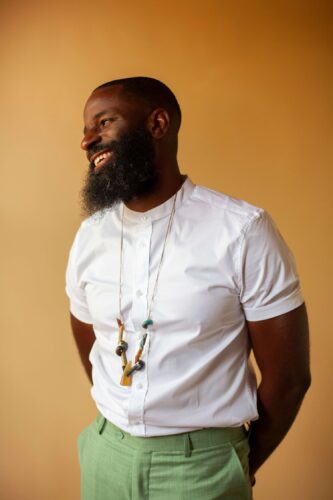
Harold Green III: Thank you so much for taking time out for me, Betsy! It means a lot to me. The board books are special to me because as a father of two, I remember those times vividly, those beginner reader stages, and I wanted to create projects that diversified that market. I don’t remember seeing any board books that showcased an intergenerational African-American family during the times that my sons were that age, so I wanted to create something that not only helped children with those fundamental learning building blocks, but also created representation early. I think it’s a unique opportunity to normalize the African-American family unit at a young age, which is a humanitarian effort for me.
BB: And where did the ideas come from when you wrote THE RAINBOW PARK and THE NUMBERS STORE? What was the impetus to write them?
HG: The ideas actually were birthed in reality. My sons are very fortunate to have all four of their grandparents still alive and very participatory in their lives, so RAINBOW PARK comes from that beautiful family moment of enjoying a nice day at the park with multiple generations of family. It’s a simple thing, but I still remember moments like that as a child, and I know many children, now adults, do as well, so I wanted to use that as the vehicle for learning colors. As far as NUMBERS STORE, I take my sons to the store with me often, and I used to go to the store with my grandmother a lot, which I have very fond memories of. I wanted to use the store as the vehicle for learning numbers, so that the children reading this think back on those examples the next time they visit the grocery store. I also wanted to sneak in some deconstruction of gender “norms.” I think it’s beautiful to witness a father and his two sons taking care of the grocery shopping.
BB: I want to talk to you a little about the difficulty of picking and choosing only the right words and only the best words for a board book. It seems natural to me that a poet might write board books, since in both poetry and board books the selection of what word to use is of greater importance due to the scarcity on the page. Are there any similarities in your process of writing a poem and writing a board book? Any differences?
HG: That’s a great question! There is quite a bit of similarity. The scarcity of page is the same driving force that prompts creativity in poetry for me. While I don’t tend to write in iambs in my poetry, I still am very mindful of word choice and length, so I use the same discretion when it comes to board books. I also think I’m more mindful because of audience. That’s the biggest mental shift. I not only have to worry about word count, but I have to remember the types of words I’m using while still executing the mission.
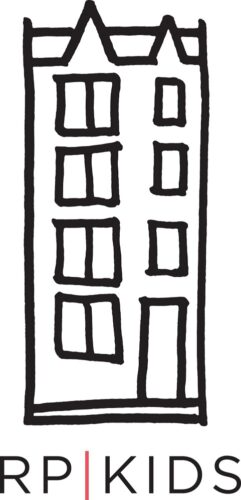
BB: I love board books but, I have to confess, I love poetry for kids too and we never see enough of it in a given year. Is there any chance we might see you writing a collection of poetry for kids in the future? Or, say, a verse novel?
HG: Yes!! I definitely look forward to writing a poetry collection for kids. Even something similar to BLACK ROSES and BLACK OAK, but more specifically driven towards children, would be so awesome! I haven’t thought about a novel yet, but at the rate things are going, who knows!
BB: Will you be making any more board books? Any picture books instead?
HG: Yes! These first two board books are just the beginning of many, I hope. I plan on this being a series. I want to produce a litany of these and continue to showcase this intergenerational family and their adventures. I have a picture book in the works with Running Press Kids as well! I’m really excited about it because it’s based on a concept that is near and dear to me. It is entitled, LOVE BUBBLE.
ADVERTISEMENT
ADVERTISEMENT
BB: While it would be simple enough for you to produce a couple board books and rest on your laurels, you’ve gone the more interesting route of publishing in multiple formats for a wide variety of age ranges. What, to your mind, is the advantage of reaching child readers of varying reading levels and why did this entice you?
HG: Yes, I’m VERY excited about the children’s programming deal I have with Running Press Kids! It includes two board books, a picture book, and a middle grade book. I literally am going to be able to reach three different demographics of young readers with this program. I believe all three of these developmental stages are highly significant, and I consider it an honor to add to these libraries. With the board books, I have the chance to introduce key fundamental learning concepts; with the picture book, I am expanding kids’ minds with creativity and showing them how important communal love is, how powerful it is to return that love back to the community and those nearest to you; and with the middle grade book, I have the chance to teach young readers how powerful words are when used for good and self-advocacy. I am so thrilled to have this opportunity!
BB: Are you working on anything for adults right now? If so, how do you strike the right balance between writing for kids on the one hand and an adult audience on the other?
HG: Luckily, my adult work is complete at the moment, but once I finished BLACK OAK I did jump into WORDS VS. THE WORLD (my forthcoming middle grade book), but I took a beat before I started, just to make sure I had shifted my mind. I think the biggest component I have to be mindful of is vocabulary – making sure I remember audience when I’m switching over. Thankfully, I have a wonderful editor who keeps me honest!
Thank you so much for this lovely interview, Betsy!
BB: Thank YOU, Harold! Looking forward to your books.
Thanks again to Harold for answering my questions. Thanks too to Becca Matheson and the folks at Running Press Kids for setting this up.
Filed under: Interviews
About Betsy Bird
Betsy Bird is currently the Collection Development Manager of the Evanston Public Library system and a former Materials Specialist for New York Public Library. She has served on Newbery, written for Horn Book, and has done other lovely little things that she'd love to tell you about but that she's sure you'd find more interesting to hear of in person. Her opinions are her own and do not reflect those of EPL, SLJ, or any of the other acronyms you might be able to name. Follow her on Twitter: @fuseeight.
ADVERTISEMENT
ADVERTISEMENT
SLJ Blog Network
One Star Review, Guess Who? (#206)
UnOrdinary | Review
Navigating the High School and Academic Library Policy Landscape Around Dual Enrollment Students
Take Five: New Middle Grade Books in July
ADVERTISEMENT



